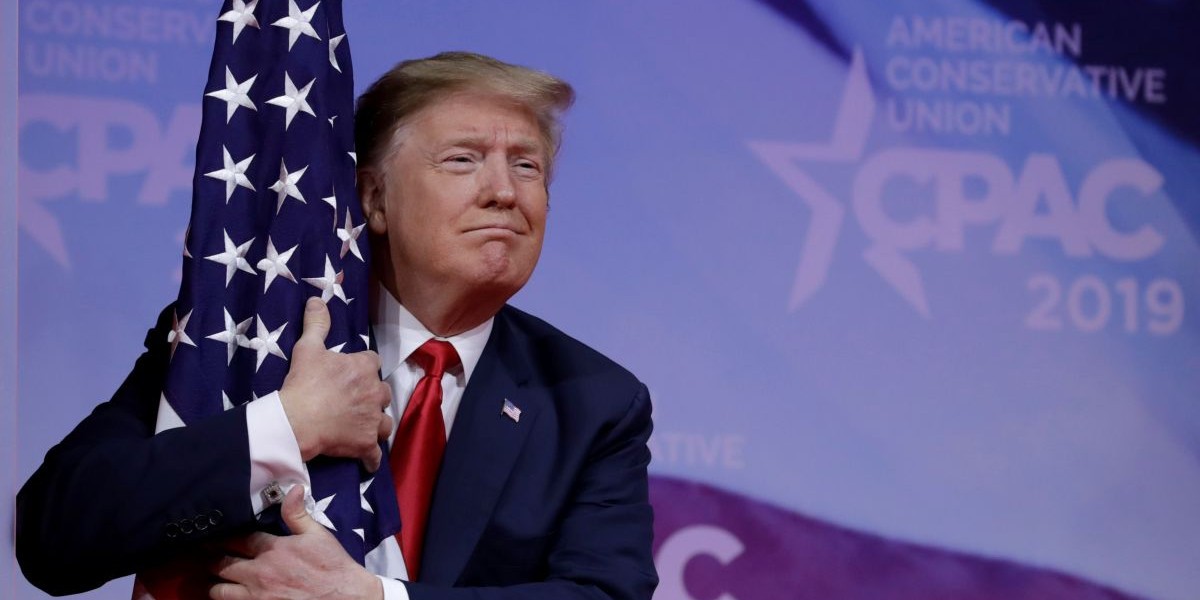All taxation is a punishment of sorts. A tax on income penalises you for earning more money. A tax on consumption penalises you for spending more money. A tax on land (rates) penalises home ownership. A wealth (or capital gains) tax penalises you for not wasting your money. Excises and duty taxes penalise you for buying goods that tend to social vice.
A tariff penalises you for buying from foreigners.
Trump wants to rewrite the global order to keep America dominant, he wants growth for American industry, and he wants tariffs to replace federal income taxes. The experts say it can't be done. I very much hope the experts are wrong as usual.
From the outset, it was clear that Trump wanted a baseline of 10% tariffs and then higher rates as a tool of punishment for countries he considered geopolitical threats to the USA, with most of those in Asia. People were perhaps putting too much weight on viewing this through a purely economic lens. The dust has settled somewhat and it seems the 10% tariffs will apply across the board within the next 90 days, with one exception: China.
At the end of the day, the trade war was always primarily with China, and China can't afford to back down. I won't try to make any predictions on how that will end, but it's fascinating to watch.
There's a reason why the mainstream political ideologies of modern liberalism love all taxes except for tariffs. I've seen liberals, libertarians, neo-conservatives, socialists, globalists, Troskyists, progressives—the left, right, and centre of mainstream politics—all gnash their teeth at Trump's love for tariffs.
This is because tariffs are the most moral form of taxation. They are the easiest for you to avoid and the hardest to use as a tool to generate infinite government growth. They are patriotic and they give a market edge to local producers and workers. Tariffs are the enemy of globalists and the friend of nationalists.
Keep in mind that the globalists love to use crazy taxes to change consumption habits, such as the "clean car levy" that National continues to increase and the ever growing vice taxes on alcohol and tobacco. Taxes are an effective tool to modify behaviour. Yet the moment you use taxes to modify behaviour to preference local economies and foment nationalist sentiments "the experts" all freak out.
Some New Zealanders may be hit hard by America's 10% tariffs on New Zealand imports, but these same New Zealanders are hit by our own taxes many times worse. If New Zealand placed 10% tariffs on all imports and cut income or consumption taxes by the same amount, we'd all be better off in the long run. Yes, the markets would panic for a while first. We could make a hypothetical comparison to our housing market—taxes to punish housing investment aimed at bringing prices down to reasonable levels would cause some panic and turmoil. Short-term pain for long-term gain. This is politically difficult to execute, and it's quite impressive to see a politician follow through on implementing policy on behalf of his voters in the face of great resistance from his enemies in global finance.
I am generally a supporter of free trade, the free market, and so on. I don't believe the government needs to meddle too much in what people buy and where from, nor that the government needs to invent industry out of thin air or ever take extreme action to protect declining inefficient industries. However, the outrage over Trump's protectionism is so hypocritical and self-serving from every quarter that I hope he wins and rewrites the rulebook on global trade.
During the long 20th century, the free movement of goods became the free movement of people. It does not seem like these two ideas can be fully decoupled. Protecting your people means protecting your economy, because the people are the economy.
